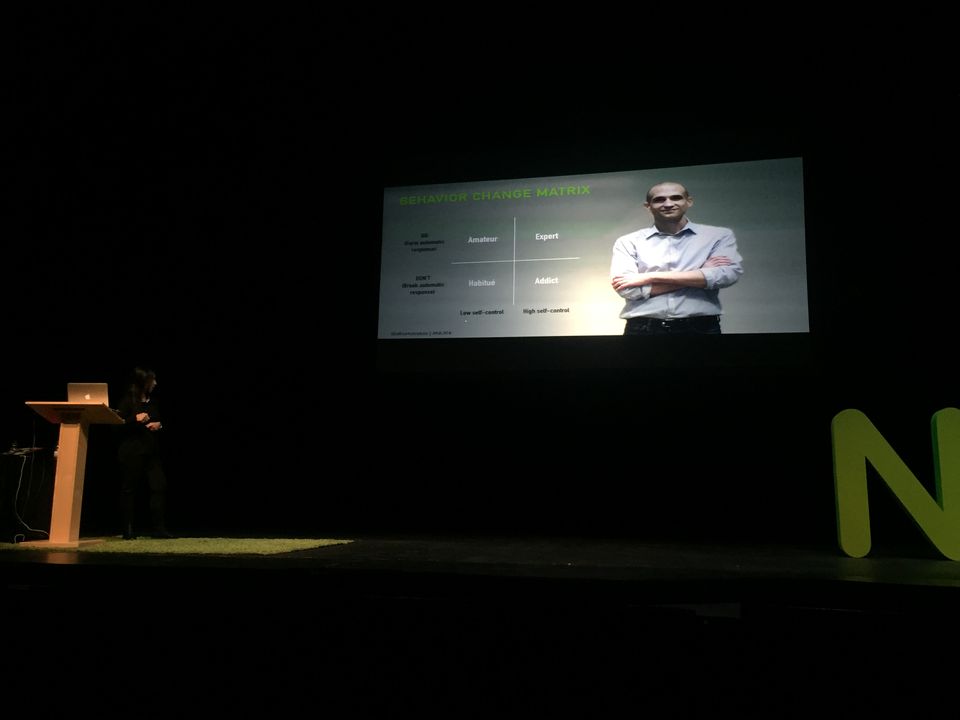Outcomes that matter

All that glitters is not gold. The jewellery is perhaps one of the most savvy industries when it comes to selling lies. As documented brilliantly in Victoria Finlay’s Buried Treasure: Journeys through the Jewel Box the concept of birthstones was dreamed up in a marketing lab to help sell stones (as an interesting knock on effect, they team realised that April’s diamond was more expensive than the others and tried unsuccessfully to change it to another).
Alberta Soranzo touched on this industry, gambling, and banking in her talk on being intentional about how we change behaviour.
In the jewellery world, diamonds went from being to just for engagement rings to for all key occasions thanks to clever ads in the 80s (Pretty Woman, anyone?), and similar aggressive advertising in Japan has seen them jump from not doing engagement rings at all a mere few years ago to being the second biggest importer of diamonds in the world today.
Still, with great power comes great responsibility. Soranzo used a composite figure of Uncle Joe who is addicted to gambling. If you get the opportunity to work at a gambling place – an interesting and challenging space – what about the impact of it?
To this end, she shared some work that she is doing for an app reframing investments to not just be for the rich. Based on user research, the new apps use careful language as well as relevant goals to make it seem like something they can do.

There are a number of resources out there when it comes to more responsible behavioural design. Soranzo recommended the Behaviour Change Strategy Cards by Artefact Group (my question – how often do people actually use the cards as cards, or are they more of a tangible mnemonic?). The set of 23 is structured as follows, according to their site:
- Make it personal: The persuasive power of “me” and “my” (cards 1– 6)
- Tip the scales: How perceptions of losses and gains influence our choices (cards 7– 13)
- Craft the journey: Why the entire experience matters (cards 14 – 17)
- Set up the options: Setting the stage for the desired decision (cards 18 – 21)
- Keep it simple: Avoiding undesirable outcomes (cards 22 – 23)
Her slides are available below.
Member discussion